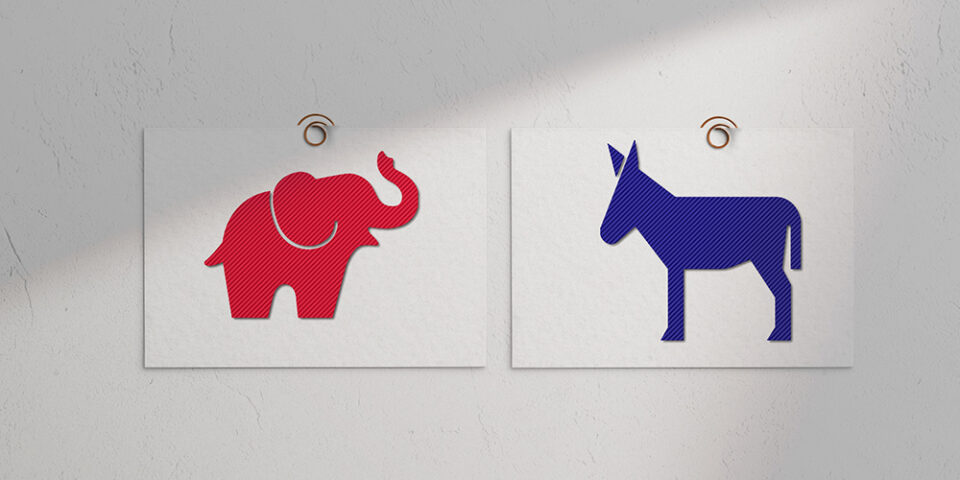How to cope with election stress
If you’re feeling increasingly anxious as Election Day approaches, you’re not alone. According to an annual poll by the American Psychological Association, Americans are feeling more stressed this year and the U.S. election is a big reason why. Psychiatrist Benjamin Griffeth, MD, offered some advice for how to cope with election season stress.
Why are presidential elections so stressful?
“Presidential elections have always been important,” Dr. Griffeth said. “They can determine the country’s future and people want to make sure their voice is heard.”
However, there may be a few reasons why elections are becoming more stressful. One is the length of election season, which sometimes seems like it begins as soon as or even before the previous election ends. Add the 24/7 news cycle and social media, and there’s a constant stream of information that people need to sift through.
“When you pair up something very important, like a presidential election, with the constancy of information, there’s this drive to know as much as you can all the time. And so that leads to a lot of stress,” he said.
There’s also the divisiveness of politics.
“It becomes very difficult not to feel defensive when people attack something you think is important, and likewise, it’s tough to not fall into the trap of doing the same thing in return,” Dr. Griffeth said. “Fewer people are sitting down and talking with people they don’t agree with about their positions.”
How can election stress impact health?
Election stress, like any other stress, impacts the body’s endocrine and neurologic systems.
“If you have elevated levels of adrenaline, also known as epinephrine, running in your system, that increased epinephrine, along with other stress hormones, can lead to physical responses like insomnia, chronic pain flare-up, or a worsening of autoimmune diseases like eczema,” Dr. Griffeth said. “It doesn’t matter whether it’s election stress or any other type of stress, but election stress is adding to our overall stress.”
Are there ways to reduce anxiety this election season?
Dr. Griffeth said there are ways you can still feel informed and involved while reducing the stress caused by the election. Here are three tips:
- Limit your news intake.
You don’t have to endlessly scroll or watch news coverage. Consume just enough to feel informed and make time to fully disconnect and enjoy the world around you.
“Find the issues that are most important to you and seek out as much fact based, as opposed to opinion based, information as you can to determine your stance,” Dr. Griffeth said. “Then just keep an ear out for any changes. Once you have made a decision, it’s a good time to step away.”
- Get involved.
Focusing on what you can control is empowering, so volunteer for a candidate or a cause that is important to you.
“Being active in the process tends to reduce your perception of stress,” Dr. Griffeth said. “There is good data about people deriving substantial psychosocial and, therefore, health benefits from being actively engaged in their community. Being active reduces stress and its impact on the body.”
- Remember that, regardless of the outcome, life will go on.
“If your candidate loses, that gives you the opportunity to choose to be more active to try and help your candidate in the future election,” Dr. Griffeth said. “Bemoaning the past and the ‘what ifs’ serves nobody.”
The bottom line about election stress
Elections are stressful because they’re important, but we can control our stress by dialing down our media consumption and putting our energy toward something productive, such as volunteering in the community. A little self-care doesn’t hurt either.
And be sure to vote. You can check up on your registration and find out where your local polling place is on the South Carolina Election Commission website.
Find the care you need, close to home
Our primary care physicians provide well visits and everyday care when you need it with compassion and expertise.
Find Primary Care Near You

